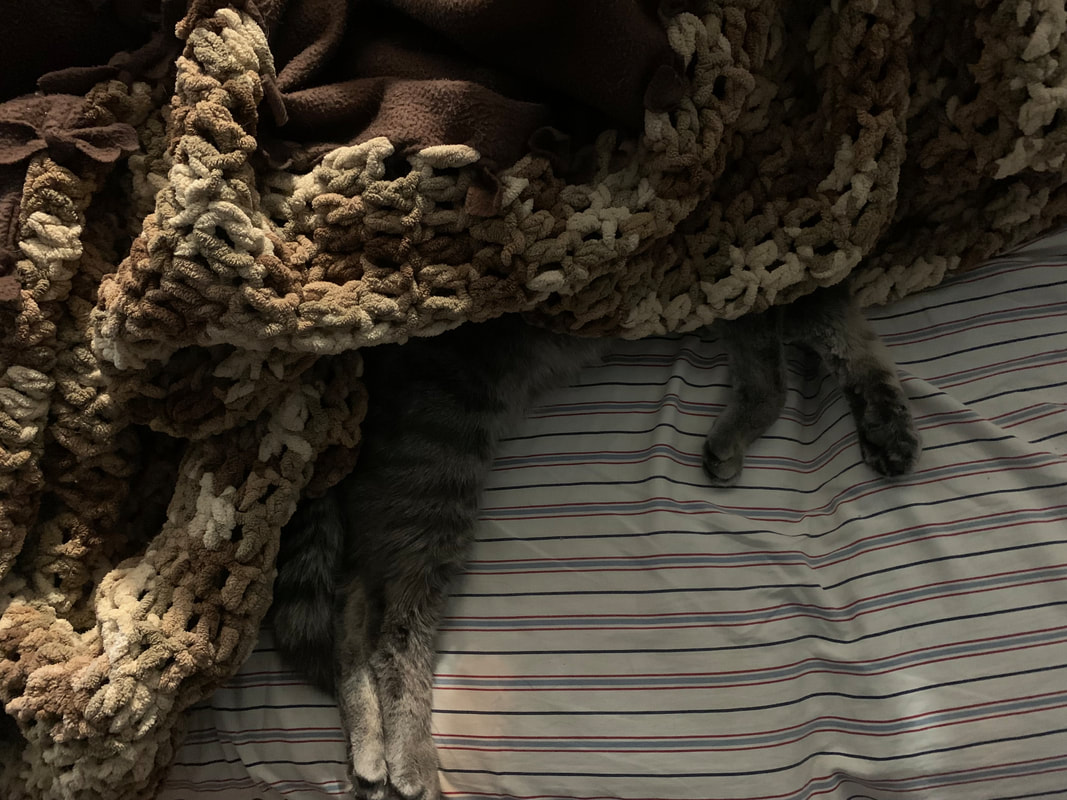The title in itself is irritating to some naturalists. When the public thinks of bees they automatically picture the Honeybee (apis millifera). But our Honeybee is not truly the one in danger. I am not saying beekeepers do not take a drastic hit in colony collapses every year, but here is what I am saying:
The honeybee is the poster child. Beekeepers, especially commercial ones, can look inside their hives and immediately know something is seriously wrong. They get on their phones to other beekeepers, across the nation and the world, contact the researchers, the USDA and more. One thing is for certain, their bottom dollar, their money to feed their kids, put them through college, or feed their bees, or even put gas into their run down trucks with balding tires is at stake!
Many try to claim that it is hobbyists that will "save the bees".......well, majority of hobbyists only have one or two backyard hives, are not familiar with all reasons for colony collapses and cannot even diagnose their loss due to lack of experiences. It is not due to lack of compassion. ALL beekeepers have that. After all, you would have to in order to endure the possible stings, heat and labor intensive, back breaking work means you love what you do. Beekeeping, especially on a commercial level, is not 9-5 work. It is sun up to sun down and then some!
By seeing problems inside the hives, the beekeepers sound the alarm! If a commercial beekeeper looses 80% of his/her colonies in an area then something is affecting the ecosystem. If our honeybees are affected how badly affected are the native bees, butterflies, moths and other beneficial insects? What is causing it? How can we stop it?
It is about qualifications. This reminds me of the Native American Hopi potter, Nampeyo, she was not the only great potter of her time, but she was the most outspoken and flamboyant, willing to step outside her comfort zone and promote Hopi pottery at different events, this brought her fame and though many pots are made by other potters, they are "attributed" to Nampeyo. Why do I mention this? It is because the same goes for beekeeping. Those, including myself, that are on social media, youtube, etc. are not the best beekeepers. The best beekeepers are so busy taking care of their bees they don't have time for anything else. The best beekeepers are the ones that have been in business running countless hives year to year. I recently realized that some "third generation" beekeepers just really mean my grandpa had a hive, my dad had two hives and I have 4 hives", so on youtube it will say "learn from a third generation beekeeper" ok, that's not a lie, but it is really stretching your credibility!
So where am I going with this? Many "save the bees" organizations are not even beekeepers. Yes, they might love bees, but they also love money. Money is the driving point and even though they might think they are doing good......what actually are they accomplishing and where is your money going? Are you sending in $20 to get a trinket back in the mail? Think about the cost of the trinket, and the cost of shipping!!! Then the administrative costs. Then the marketing costs.....it just goes on and on. So here is a tip from my dad on how to separate the good from the bad. Dig. Who are they. Who is behind the curtain. Check the Board of Directors, where did they work? Where is the money coming from? FOLLOW THE MONEY! Shockingly some of the searching you will find behind the "save the bee" non-profits leads you to big ag and chem corporations!
So who do I currently support that not only supports honeybees but all pollinators?
On the National Level:
POLLINATOR STEWARDSHIP COUNCIL: https://www.pollinatorstewardship.org/

 RSS Feed
RSS Feed